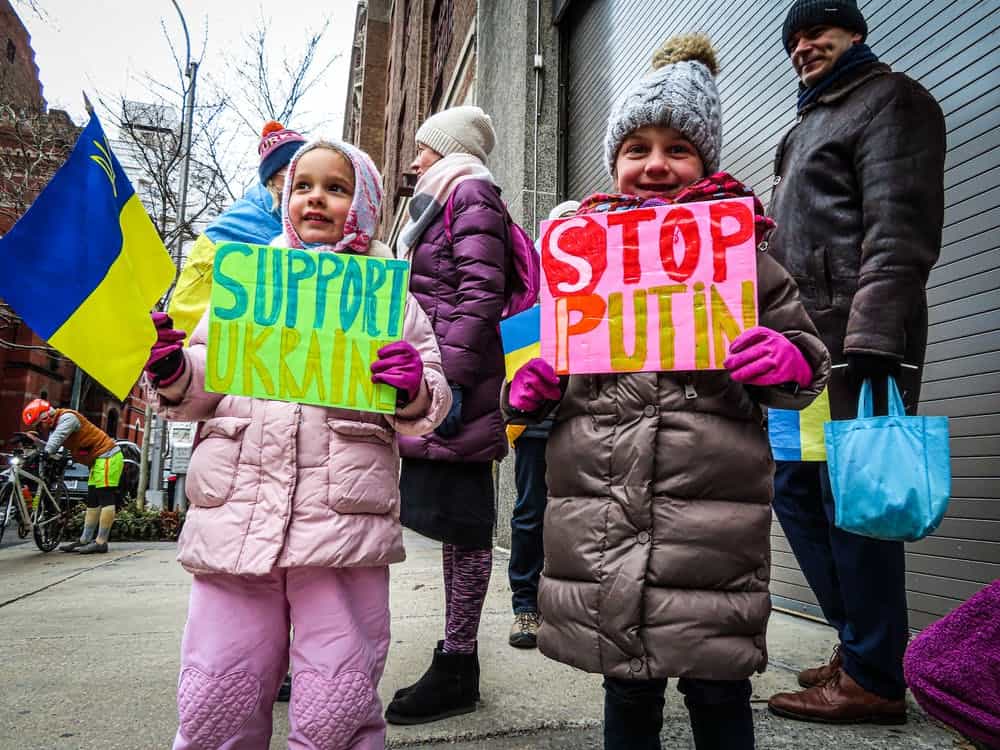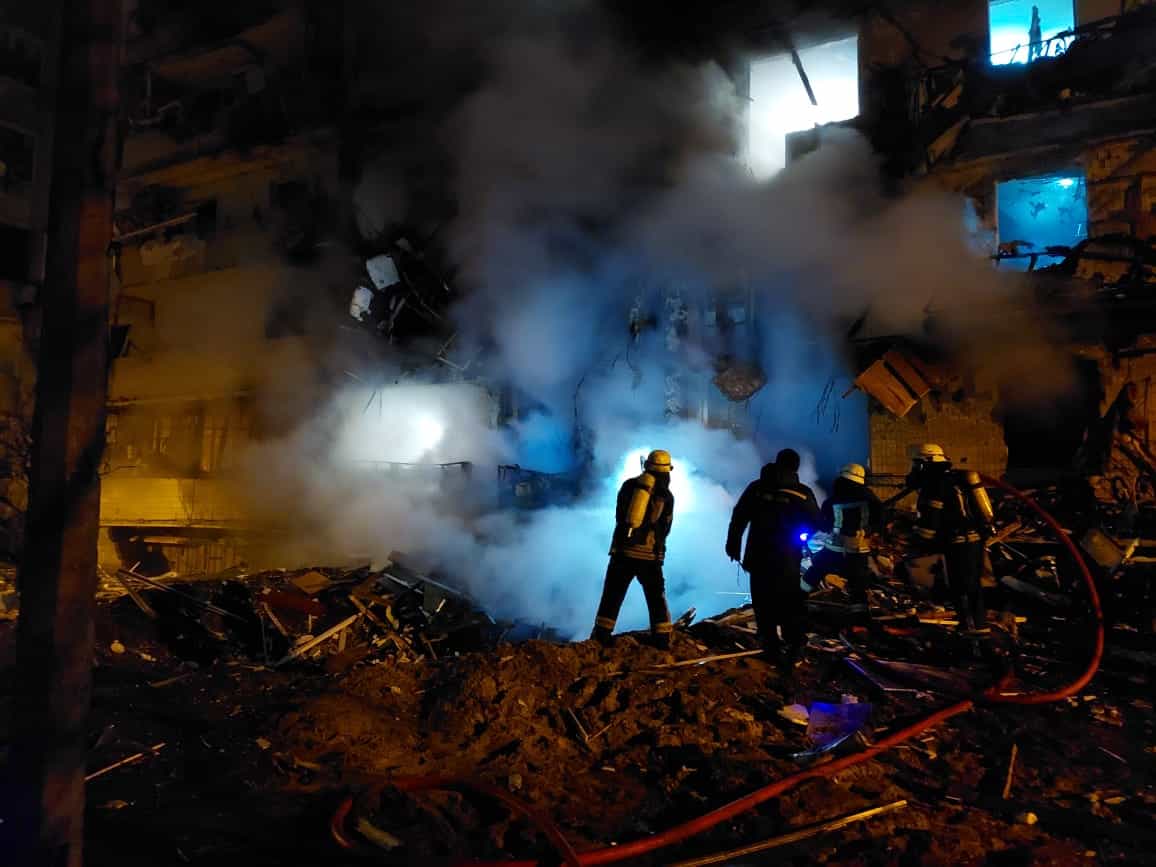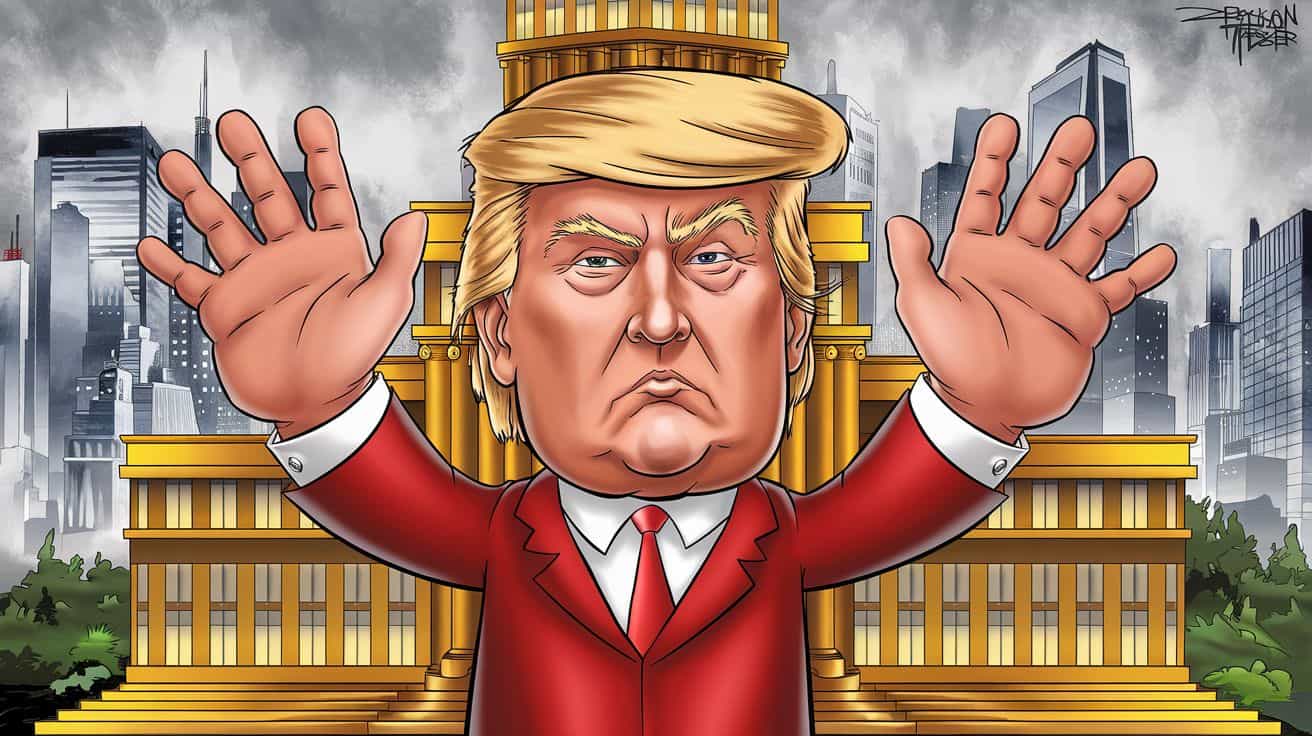OPINION by Graeme Addison
I have my doubts about the true causes of the war in Ukraine.
Nothing can excuse the brutal and remorseless invasion by Russian forces. It’s pure murder, mindless destruction, and completely unnecessary even if Russia does want to dominate its neighbouring countries. Putin is certainly a tyrant using the power of the State for personal gain, and he’s turned Russia into a criminal enterprise. All of that is true.
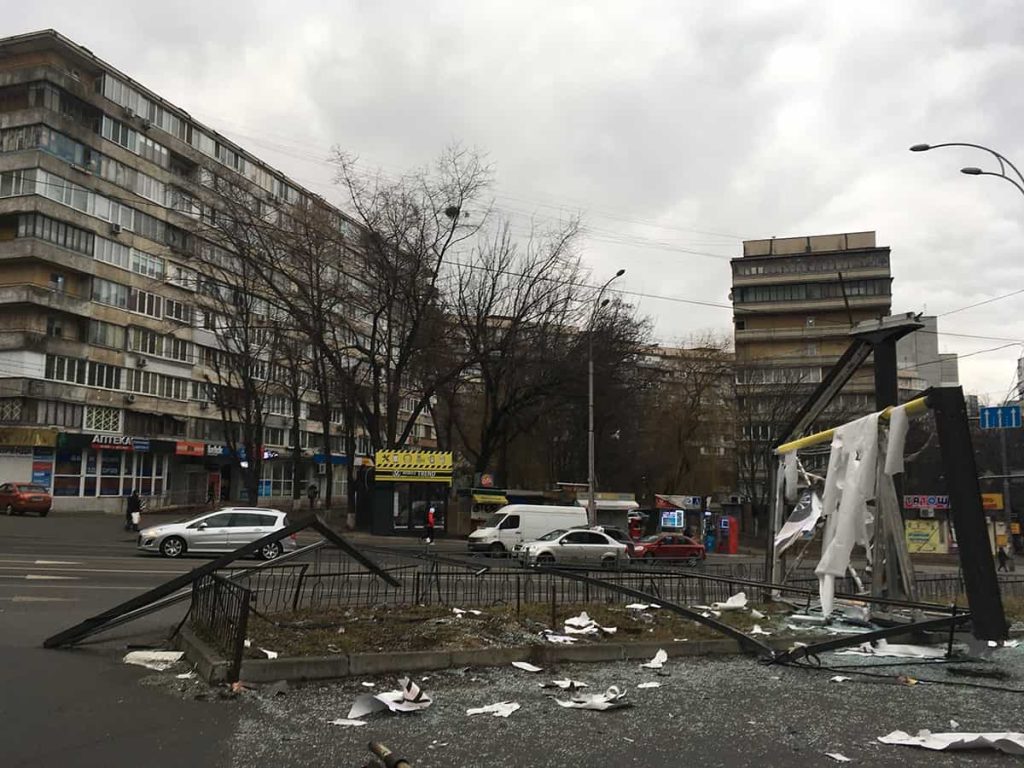
At the same time I am reminded of the Cuban Missile Crisis of 1962, when the US forced the Soviet Union to withdraw its nuclear rockets from the island near Florida. The Monroe Doctrine of US foreign policy held that no foreign power could be allowed to threaten America within its sphere of influence in the Western Hemisphere.
The Russian attitude to Ukraine is essentially the same doctrine in reverse. And it should come as no surprise to America and Europe that Putin, who regards the breakup of the Soviet Union as the greatest catastrophe of the 20th century, wants Russia’s former satellite states to remain in the fold.
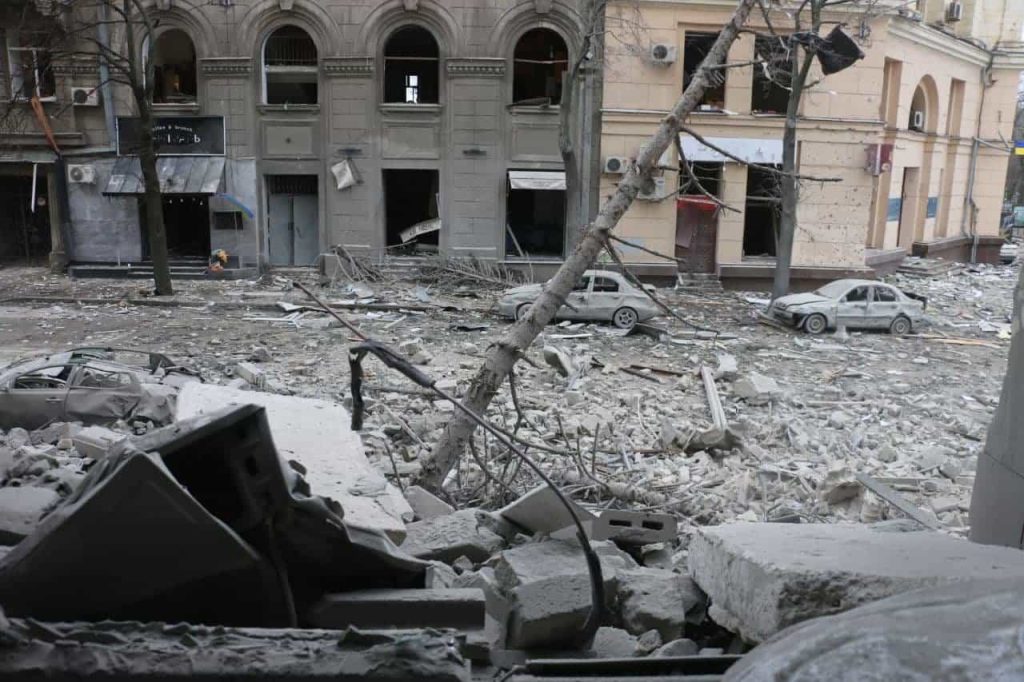
Regime Change
Much of my thinking here is shaped by a 2014 article by University of Chicago political scientist John Mearsheimer reflecting on the Russian takeover of Crimea. It’s amazing how little has changed in Putin’s grand scenario – except for one thing: now there’s all-out war.
Then, Mearsheimer wrote that “the United States and its European allies share most of the responsibility for this crisis” by expanding Nato.
Mearsheimer is a proponent of the Great Power theory in foreign policy which sees states acting to forestall threats to their security.
Realism, not sentiment, is what this school of thought brings to the current crisis. Realism tells us that war is an extension of politics and that politics is a dirty game.
And I am reminded that America has several times engaged in “regime change” to force governments it didn’t like to make way for “democracy”. These democracies in Iraq and Afghanistan were essentially hollow, supported by US occupation and money. They were experiments in drone warfare conducted from American military IT centres. Eventually Biden’s precipitous pull-out from Afghanistan was a product of fatigue.
So, it seems, will be the Russian occupation of Ukraine – just as it too was forced out of Afghanistan by fatigue and moral, political and economic bankruptcy. Its invasion today can only lead to ongoing resistance for years to come until the puppet regime it aims to instal collapses.
What is Russia’s strategic goal? It seems to me it is to deny Europe and America the chance to include Ukraine in the Western Alliance simply by wrecking the country and turning it into a wasteland with little hope of true economic and political independence. Putin is not engaged in a mission to save Ukraine, but to destroy it.
So what should the solution be?
Political realism suggests that the West has provoked this war by treading on Russia’s toes. It’s now too late to lament the failure of vision which led Presidents to dismiss Putin’s demands as hot air, as posturing by a regime that needs to seem strong in order to conceal its weakness.
It turns out Putin meant business. At this late stage the West needs to grapple with Russia’s own version of the Monroe Doctrine and concede that Ukraine should stay neutral, neither in the clutches of old Soviet-style puppethood nor a candidate for NATO and EU membership. Russia wants it as a buffer state. The West has no strategic interest in provoking what could turn out to be a nuclear confrontation.
Does this make Ukrainians the victims of appeasement? It surely does remove any guarantees for their security, but it also promises a return to some sort of normality in a no-man’s land between the tyrant Putin and his adversaries. It could prevent years of misery as a guerilla war grinds the country down and kills many more people.
